



Bill to revamp medical education cleared
Bill to revamp medical education cleared
News Important for: GS – 2 I Issues relating to development and management of Education and Human Resources.
Context
The central government has introduced the National Medical Commission (NMC) Bill.
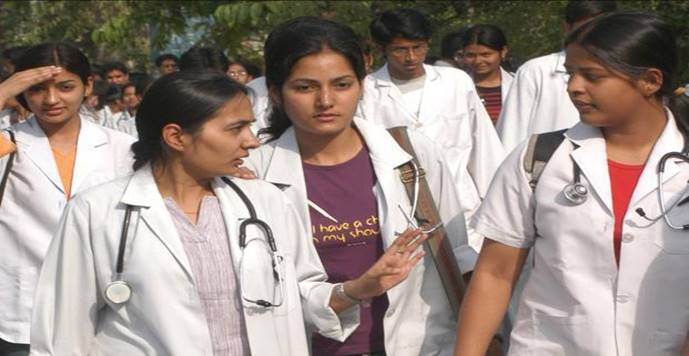
About
â— The bill proposes to set up a National Medical Commission (NMC), which will have responsibilities such as approving and assessing medical colleges, conducting common MBBS entrance and exit examinations and regulating course fees.
â— It proposes to convert the final year MBBS examination into a licentiate exam, which will be a requirement for doctors to practise medicine.
â— The Bill also proposes to unify all entrance procedures to enforce common standards.
â— The National Medical Commission will regulate fees and all other charges for 50% seats in private medical colleges and deemed universities.
|
The National Medical Commission Bill 2019, Proposes to repeal the Indian Medical Council Act, 1956. It will replace the Medical Council of India (MCI), which was dissolved in 2010 following corruption charges. |
â— Under the Bill, the NMC will have four autonomous Boards — Undergraduate Medical Education Board, Post-Graduate Medical Education Board, Medical Assessment and Rating Board, and Ethics and Medical Registration Board.
â— The common final year MBBS exam will now be known as National Exit Test (NEXT) to start medical practice, seek admissions to post-graduate medical courses and as a screening test for foreign medical graduates.
â— The bill also seeks to make the national medical entrance exam, the National Eligibility cum Entrance Test (NEET), common counselling and NEXT applicable to Institutes of National Importance (INIs) such as the All India Institute of Medical Sciences (AIIMS) to ensure uniform standards.
Source link:
https://www.thehindu.com/todays-paper/bill-to-revamp-medical-education-cleared/article28533564.ece
The Cabinet Committee on Economic Affairs (CCEA) has approved the Dam Safety Bill
News Important for: GS – 2 I Separation of powers between various organs dispute redressed mechanisms and institutions.
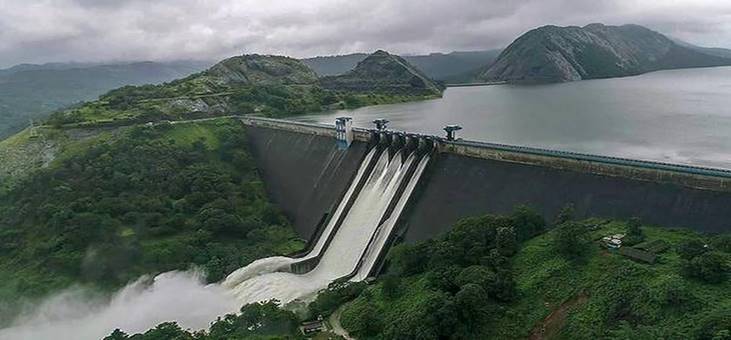
About
â— After the nod from the Cabinet Committee, Centre is set to introduce the Dam Safety Bill, 2019 in Parliament.
â— The bill aims to put in place a systematic procedure to ensure that India’s 5,600 dams are made and maintained safely.
â— A version of the Bill was first introduced in the Lok Sabha in 2018 (and which subsequently lapsed).
â— Various editions of the Bill have been introduced since 2010 but it has never been successfully passed, largely due to opposition by States at various times.
â— The Bill lays the onus of the dam safety on the dam owner and provides for penal provisions for wilful “commission and omission of certain acts.”
â— The Bill also provides for establishment of a National Dam Safety Authority as a regulatory body to implement the policy.
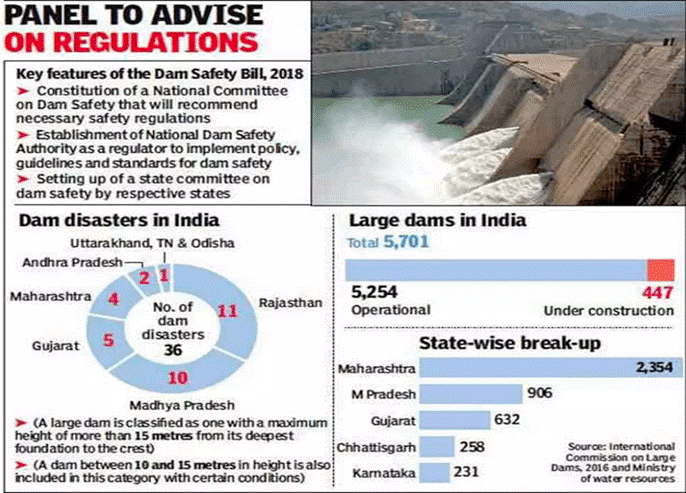
Challenges
â— The states like Karnataka, Kerala, Tamil Nadu and Odisha have opposed the Bill on the grounds that it encroaches upon the sovereignty of States to manage their dams.
Review Kulbhushan Jadhav sentence, grant consular access, ICJ tells Pakistan
News Important for: GS – 2 I Important International institutions
Context
The International Court of Justice (ICJ) has stayed the execution of Kulbhushan Jadhav.
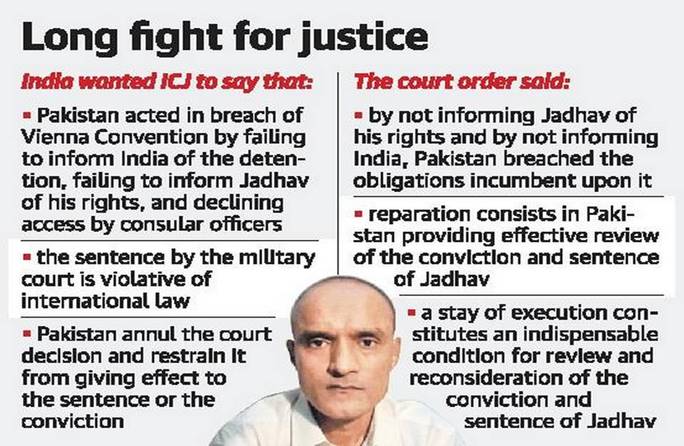
About
â— The International Court of Justice (ICJ) directs Pakistan to review, reconsider Jadhav’s sentence under provisions of the 1963 Vienna Convention
â— The court rejected all the objections of Pakistan, including one unanimously on the admissibility of the case
â— The international tribunal ruled that Pakistan should review and reconsider the sentence through a means of its own choosing. Pakistan had argued, unsuccessfully, that Article 36 of the Vienna Convention does not apply to people involved in espionage.
|
Vienna Convention
â— The Vienna Convention on Diplomatic Relations of 1961 is an international treaty that defines a framework for diplomatic relations between independent countries. â— It specifies the privileges of a diplomatic mission that enable diplomats to perform their function without fear of coercion or harassment by the host country. â— It has been ratified by 192 states.
Article 36 of the Vienna Convention
â— Article 36 of the Vienna convention makes granting consular access a norm for captured foreign nationals. â— It stipulates that all foreign nationals arrested must be given access to their government or local embassy. |
â— Jadhav, a former naval officer, was arrested by Pakistan agencies on charges of spying in March 2017.
â— Pakistan claimed to have arrested Jadhav from the restive Balochistan province and accused him of being a spy. India insisted he was illegally detained while in Iran on business.
|
International Court Of Justice
â— ICJ was established in 1945 by the United Nations charter and started working in April 1946. â— It is the principal judicial organ of the United Nations, situated at the Peace Palace in The Hague (Netherlands). â— Unlike the six principal organs of the United Nations, it is the only one not located in New York (USA) and has 193 member states. â— It settles legal disputes between States and gives advisory opinions in accordance with international law, on legal questions referred to it by authorized United Nations organs and specialized agencies.
|
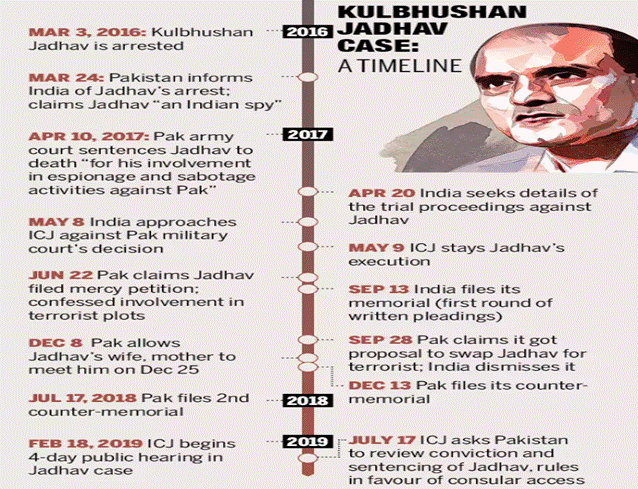
Source link:
India, China maintaining peace on border: Rajnath
News Important for: GS – 2 I International Relations
Context
After the recent Doklam issue between India and China's government has been trying to maintain peace between both the countries strategically.
Doklam Dispute
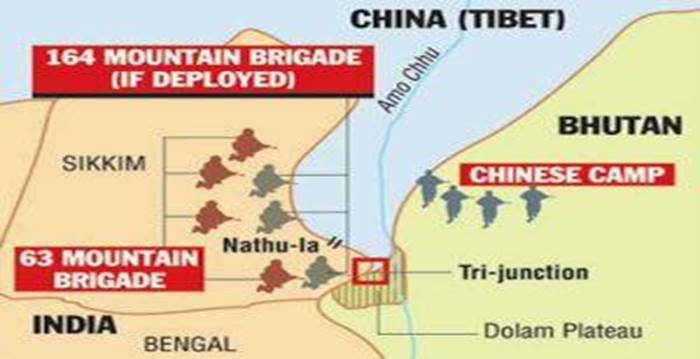
â— It started when India (Indian Army) objected a road construction by the People’s Liberation Army (PLA) of China in the Doklam plateau which China claims to be a part of its Donglang region.
â— However, India and Bhutan recognise it as Doklam, a Bhutan territory.
â— Later, China accused Indian troops of entering its territory and India accused the Chinese of destroying its bunkers.
â— Thereafter China stopped the passage pilgrims heading toward Kailash-Mansarovar through the Nathu La pass, Sikkim.
Major border disputes via map
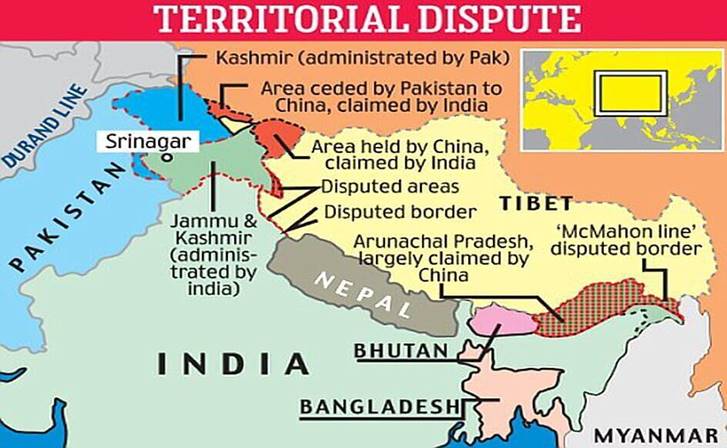
Source link:
Normal rainfall measure may be lowered
News Important for: GS – 1 I Important Geophysical phenomena
Context
Indian Meteorological Department will revise the definition of quantity of normal monsoon rain
About
â— The India Meteorological Department (IMD) is likely to revise downward by 2% the quantity of ‘normal’ monsoonal rain.
â— The move comes after the severe drought and reduction in monsoon rainfall in India over decades.
â— The 89 cm of rainfall between June to September is considered as normal.
â— IMD is supposed to dip the 89 cms figure by 2%.
Condition of monsoon in India
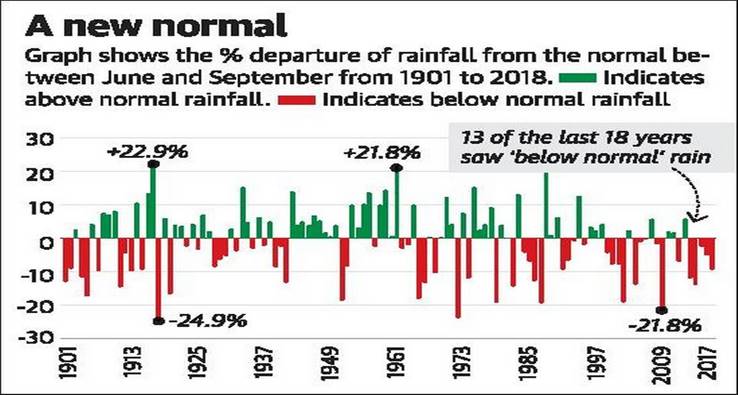
â— 13 out of the last 18 years have seen ‘below normal’ rains where rainfall is less than 95% of the normal and there have been droughts where rainfall was less than 90% of the normal in 2002, 2004, 2009, 2014, 2015, 2016 and 2017.
â— This year the IMD has forecast monsoon rains to be 96% of the Long Period Average, just shy of ‘below normal’ rainfall.
â— Since the 1990s India is in a ‘low epoch’ meaning that average rainfall has been below normal and hasn’t recovered.
â— The average temperature over India has also increased by half a degree in the last year.
â— Global warming has generally made Indian rainfall more erratic and prone to bursts of intense rainfall or long periods of drought.
â— This year the monsoon has been 16% short over India so far
|
Indian Meteorological Department
â— The Indian Meteorological Department (IMD) is an agency of the Ministry of Earth Sciences of the Government of India. â— It is the principal agency responsible for meteorological observations, weather forecasting and seismology. â— IMD is headquartered in Delhi and operates hundreds of observation stations across India and Antarctica. â— IMD is also one of the six Regional Specialised Meteorological Centres of the World Meteorological Organization. â— It has the responsibility for forecasting, naming and distribution of warnings for tropical cyclones in the Northern Indian Ocean region, including the Malacca Straits, the Bay of Bengal, the Arabian Sea and the Persian Gulf.
|
Source link:
https://www.thehindu.com/news/national/normal-rainfall-measure-may-be-lowered/article28528252.ece
The Cabinet Committee on Economic Affairs approved three new railway projects
News Important for: GS – 2 I Infrastructure Development
Context
The Cabinet Committee on Economic Affairs approved three new railway projects for Uttar Pradesh and Assam.
About
â— The project aims to give a boost to rail connectivity in Uttar Pradesh and Assam.
â— The three approved projects include:
⮚ New railway line between Sahjanwa and Dohrighat (U.P.)
⮚ Doubling of New Bongaigaon-Agthori line (Assam)
⮚ Construction of a 150-km-long railway line between Allahabad and Mughalsarai
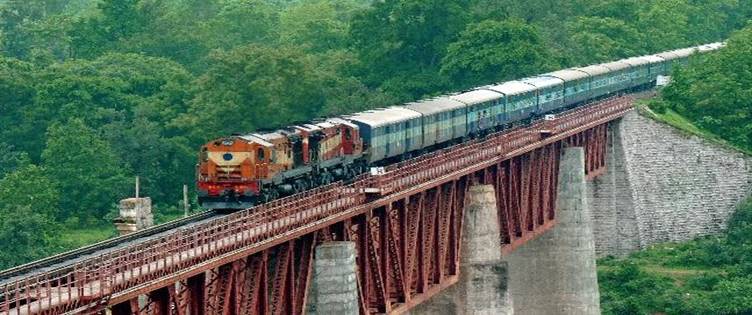
Benefits of the project
â— The project is expected to generate a total direct employment of 89.79 lakh man-days during the construction period.
â— The New line connecting Dohrighat to Sahjanwa is expected to generate an employment of 19.48 lakh.
â— The project is expected to help cope up with the future traffic and remove capacity constraints.
â— The project area is densely populated, economically backward and is deficient in road transport facilities.
â— The proposed project will provide rail facility to the people of the area falling under the project line.
â— It will help in growth of small-scale industries in the area.
â— The project will enhance capacity, reduce detention and cater for future growth of traffic.
Benefits to Assam:
â— The line capacity utilization of the section between New Bongaigaon and Agthori via Rangiya is more than 100%
â— The proposed project would also ease the growing of traffic into the northeast region and ensure savings due to faster mobility through the proposed double line section.
Source link:
https://www.thehindu.com/news/national/green-light-for-three-railway-projects/article28525466.ece

© 2026 iasgyan. All right reserved